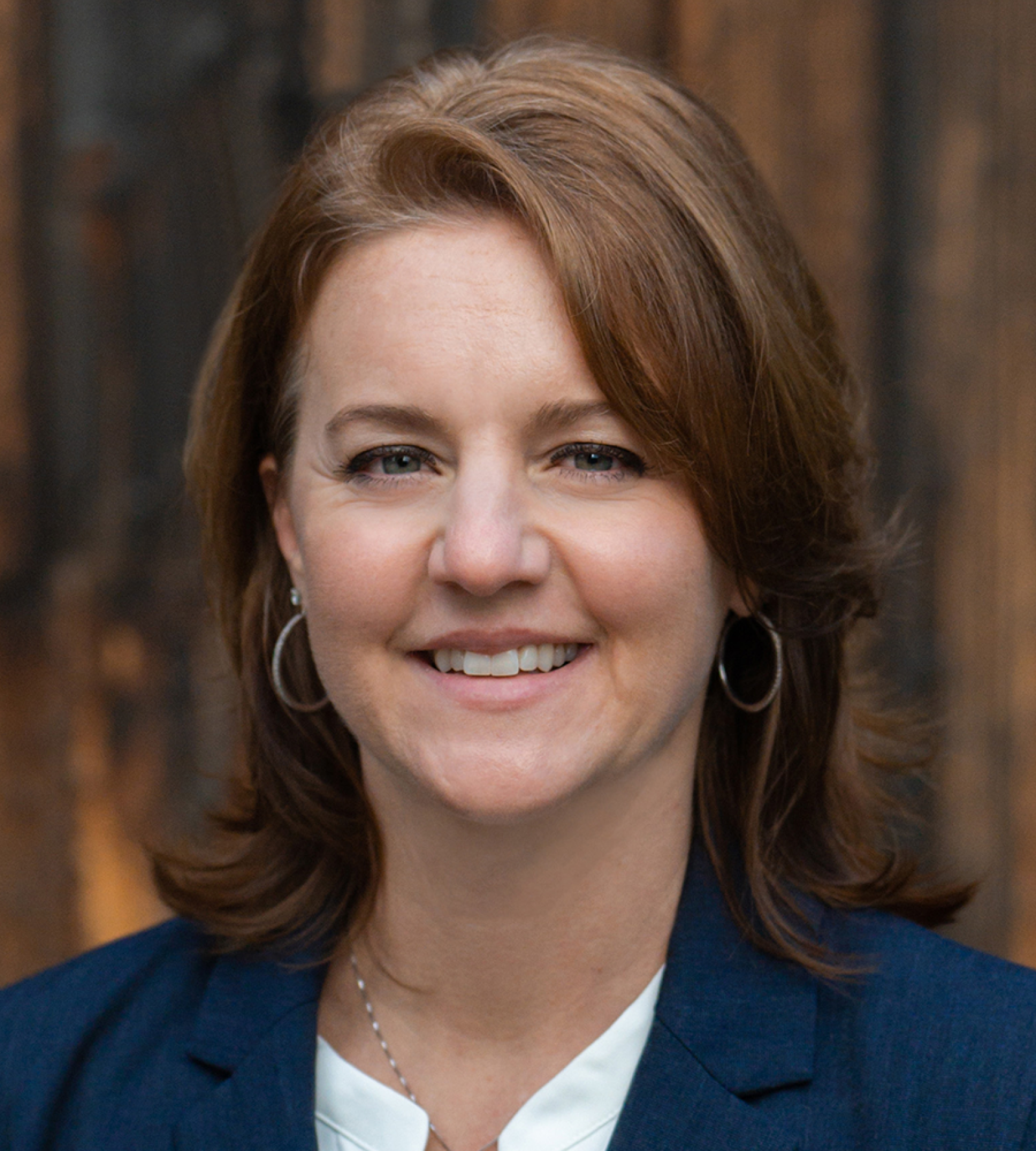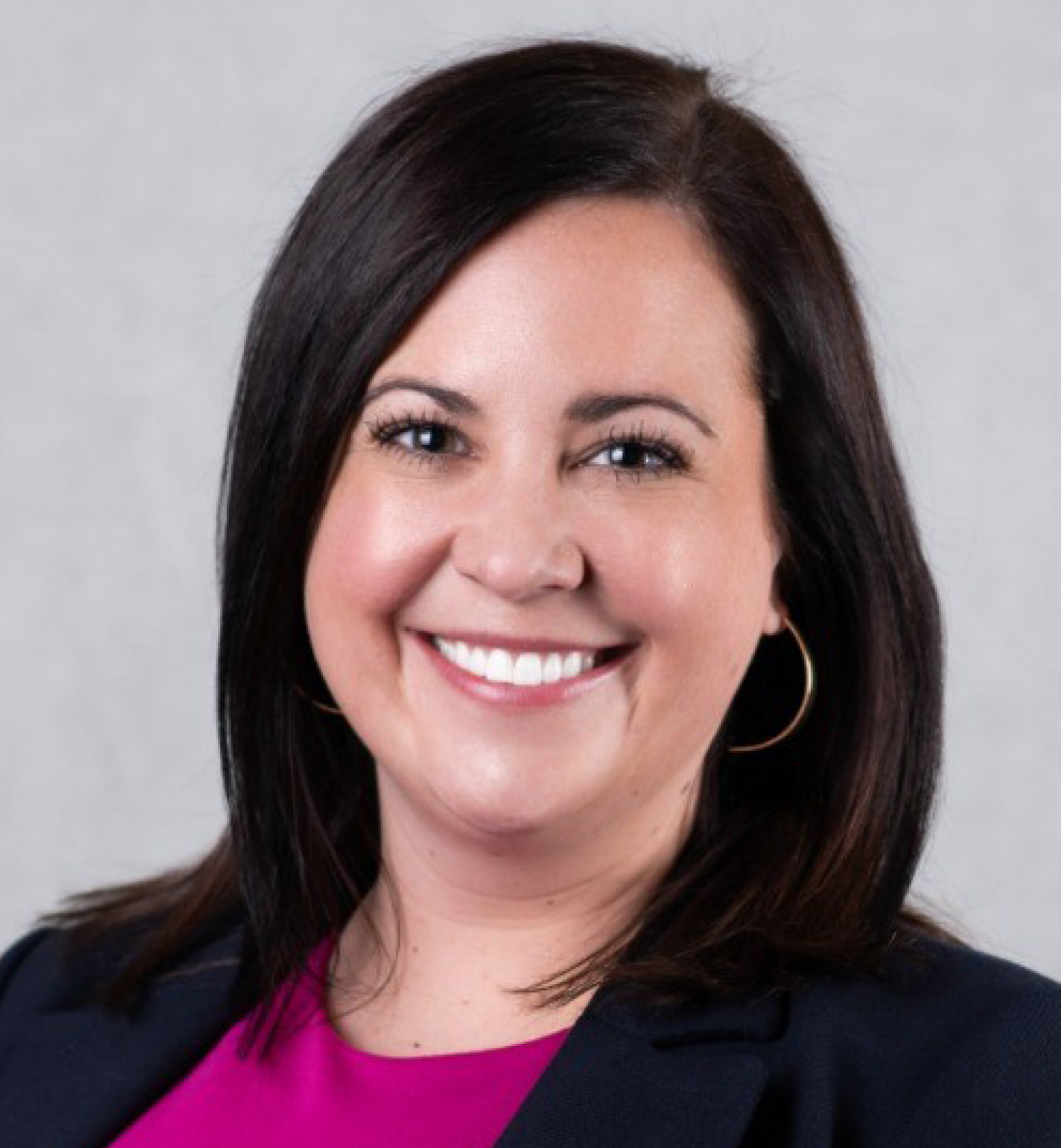New strategies emerge to stem workplace violence in hospitals

Kimberly Barry, R.N.
Hospitals have increased efforts to prevent and address workplace violence in recent years, but the issue is accelerating and gaining new attention. Despite efforts to protect the safety of staff and patients, Kimberly Barry, R.N., reports, “The magnitude and the volume, the speed with which workplace violence is ramping up is catching us all a little off guard.”
The effect of disrespectful, threatening and violent behavior on staff is a top concern for Barry in her role as Vice President of Patient Care Services and Associate Chief Nursing Officer at UMass Memorial Medical Center. “This is our biggest challenge right now,” says Barry.
In a report released in January, the Massachusetts Health & Hospital Association issued an “urgent call to action” to protect health care workers as well as patients. Data from a monthly MHA survey show the number of reported incidents rising steadily in 2021 and 2022. Fewer incidents in 2020 track with lower inpatient and visitor volumes during early stages of the pandemic. National data show similar trends.
The report notes that assaults against health care workers are likely underreported “because verbal abuse and threats of harm have too often been considered ‘business as usual’ in the provision of care. That perception must change.”
Legislation is top priority for MHA
MHA has made preventing workplace violence a top legislative priority this year, with support for bills currently before the Massachusetts legislature (H.2381, S.1538) that would establish new workplace violence prevention standards and reporting requirements for health care organizations and make willful assaults on health care workers a felony.

Emily Dulong, M.S.
"Violence against health care workers is on the rise both here in the Commonwealth and across the country, exacerbated by a struggling behavioral health system, more complex patient needs and a growing trend of frustration and anger since COVID-19 began,” says Emily Dulong, M.S., MHA’s Vice President for Government Advocacy & Public Policy.
“It’s a complex issue that requires a complex response, and MHA's legislation would address workplace violence through a thoughtful, multi-pronged approach. We have centered our proposal around not only safety, but health equity as well. These bills would ensure that violence prevention plans are nondiscriminatory, address both patients and visitors with intent — as well as those in crisis and who are justice involved, and bring together state leaders to expand appropriate placement options for complex patients," says Dulong.
In the legislation, criminal charges would be reserved only for patients or visitors who intentionally impede the ability of workers to safely deliver care services. Dulong notes that MHA and its members believe strongly that behavioral health, medical condition and equity circumstances must be taken into account as individual incidents are reviewed. Also, the bills would expand state-run treatment options to patients in mental health crises who are displaying violent behavior and would establish new pathways to trigger the forensic behavioral health system for individuals who should not be subject to arrest.
“We are hopeful that this is the session in which these essential violence prevention reforms can become reality and we implement long overdue protections for our caregivers,” says Dulong.
Unified Code of Conduct establishes clear expectations for behavior
MHA also urges all of its member organizations to implement and uphold a code of conduct to establish clear and enforceable expectations for respectful behavior. Principles spelled out in a United Code of Conduct have been endorsed by the MHA Board of Trustees. The principles may be customized but should be established as a baseline to promote a safe and equitable environment.
UMass Medical Center adopted a formal Code of Conduct about 18 months ago, and Barry reports that it has helped. Frontline staff no longer have to rely on “because I say so” when trying to redirect or de-escalate disruptive individuals. Having a physical copy of the code of conduct helps frontline staff establish that “this is how we do things here at UMass,” says Barry.